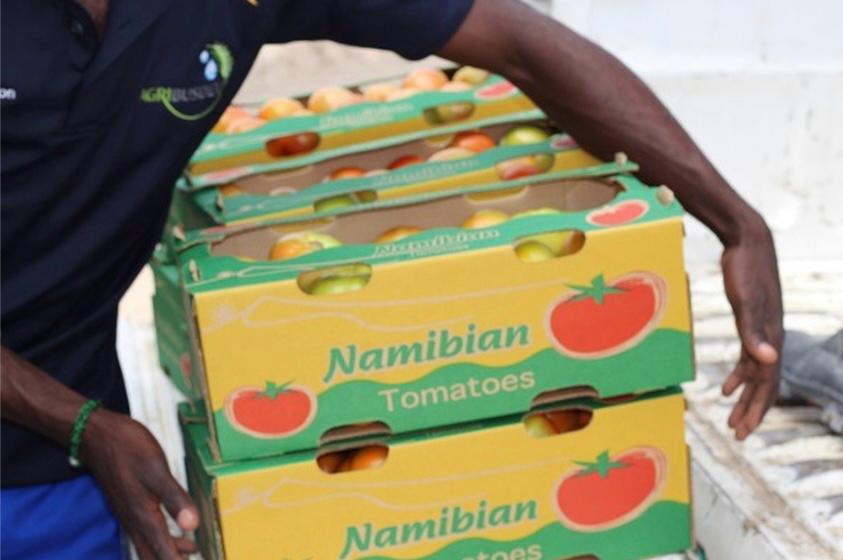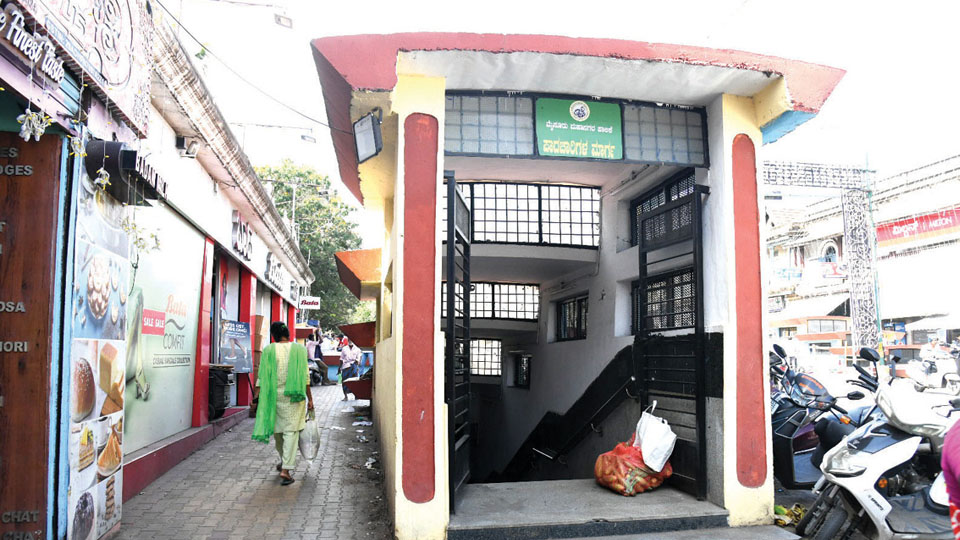By The Brief
Copyright namibian

The Namibia Agronomic Board (NAB) will invest N$250 million over the next five years in crop value chain development under its new Integrated Strategic Business Plan (ISBP).
NAB chief executive Fidelis Mwazi says the plan sets targets of achieving 60% grain self-sufficiency, 60% horticulture export growth, and a 97% compliance rate with regulatory frameworks.
“Then hopefully, even though we’re spending N$250 million within the crop value chain, our projections indicate we will still have about N$100 million,” he says.
The new strategy builds on achievements from the 2020/21–2024/25 cycle, during which NAB delivered an overall performance rate of 91%.
It achieved 93% in agronomy and horticulture development, 90% in regulatory framework implementation, and 91% in operational excellence.
Mwazi says strengthened regulatory credentials will be a central pillar of the plan. NAB was recognised as a GlobalG.A.P. approved verification body in June 2023, obtained ISO/IEC 17020 accreditation in October 2023, and ISO 9001 certification in April 2024.
The board also received Third Country Approval from the European Union in April 2024, opening new export opportunities.
“Compliance has been another area of focus. Between 2020 and 2021, we achieved 96% compliance, though this later dipped as more requirements were introduced. Still, we developed 18 new standards, ensuring alignment with global practices such as good agricultural practices (GAP) and ISO certifications,” Mwazi says.
The ISBP emphasises 100% digitalisation of NAB’s work processes. Systems already implemented include the NAB E-Crop mobile application for production forecasting and compliance inspections, an online permit system with 24-hour turnaround times, the NAB AMID System for permits and border management, and NAB SMART HR for leave and recruitment management.
Across three thematic areas, the board has set measurable targets.
Under agronomy and horticulture development, the NAB aims to secure 56% of the primary market share, achieve 60% grain self-sufficiency, deliver 60% horticulture export growth, and fully execute the N$250 million crop value chain development strategy.
Under the regulatory framework, targets include 97% sector compliance with regulations and ISO standards.
Under operational excellence, NAB has committed to unqualified audits, 100% digitalised processes, and dedicating 1% of income to employee development and satisfaction.
The plan also extends NAB’s crop research and development efforts, which have included sesame seed variety trials, adaptability studies for French potato varieties, trials of white maize, pearl millet and wheat seed varieties, and ongoing banana trials.
“We need to assist the industry, but from NAB as a responsible organisation to oversee agronomy, this is our contribution to assist the industry, so that at least the government can see we complement the efforts done by the government,” Mwazi says.



